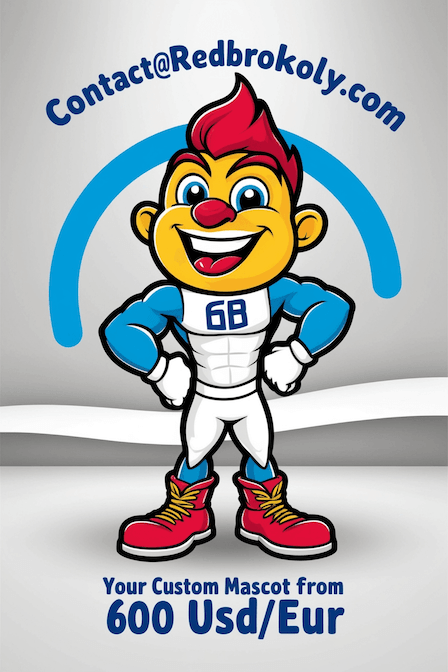Mascots Enhancing Brand Identity Loyalty and Connection
Mascots: Essential Assets in Marketing
Mascots play a crucial role in many sectors as recognizable symbols and sources of emotion. In the field of marketing, mascots promote consumer identification with a brand, thus strengthening customer loyalty. They humanize companies and make them more approachable, helping to create lasting emotional connections with the target audience. Additionally, mascots are powerful tools for promoting events, products, and services in a fun and memorable way. By using the right mascots, companies can effectively convey their messages and stand out from the competition.
The Impact of Mascots in Marketing
Mascots are much more than just characters. They embody the values and identity of a brand, allowing consumers to identify more easily. By humanizing companies, mascots create a strong emotional bond with the public, thereby fostering customer loyalty. When a mascot becomes a recognizable symbol, it enhances brand awareness and gives it a unique visual identity.
The Benefits of Mascots in Marketing
Mascots offer numerous advantages to companies that use them in their marketing strategy. They help differentiate from the competition by creating a positive and memorable image. Consumers are more likely to remember a brand associated with a fun and endearing mascot.
Furthermore, mascots are versatile tools. They can be used to promote special events, promotional offers, or new products. Their playful aspect attracts attention and generates interest from the target audience. Mascots are also effective in enhancing brand awareness on social media, where their engaging character can generate strong user engagement.
How to Choose the Right Mascot for Your Brand
The choice of the ideal mascot for a brand is crucial. It must align with the values and identity of the company, while being appealing to the target audience. A successful mascot should be easily recognizable, memorable, and capable of eliciting positive emotions in consumers.
It is essential to work with design professionals to create a mascot that perfectly reflects the brand's image. A well-designed mascot will strengthen the company's visual identity and help build a trust relationship with customers.
Conclusion
In conclusion, mascots play an essential role in modern marketing. Their ability to humanize brands, strengthen customer loyalty, and promote products and services in a fun way make them indispensable assets for companies. By choosing the right mascot and integrating it strategically into their communication, companies can create lasting emotional connections with their target audience and stand out from the competition.
Mascots are not just fun characters; they are true brand ambassadors that help shape a unique and recognizable identity. By fully leveraging the potential of mascots, companies can add an extra dimension to their marketing strategy and strengthen their market positioning.
Ultimately, mascots are more than symbols; they are trusted partners in the success of businesses.











